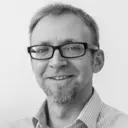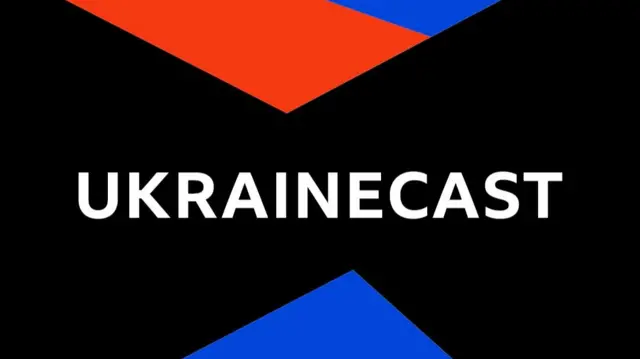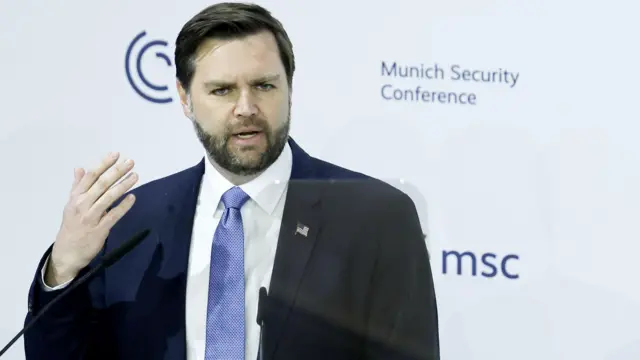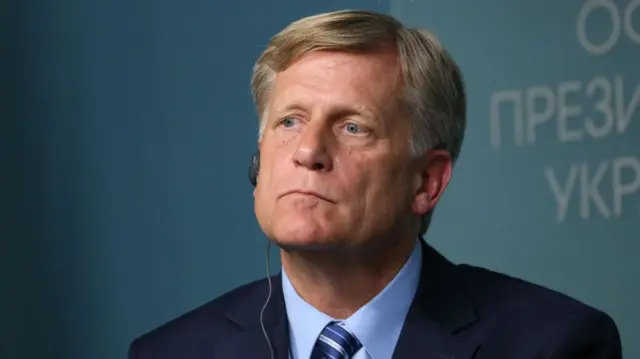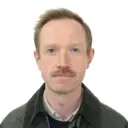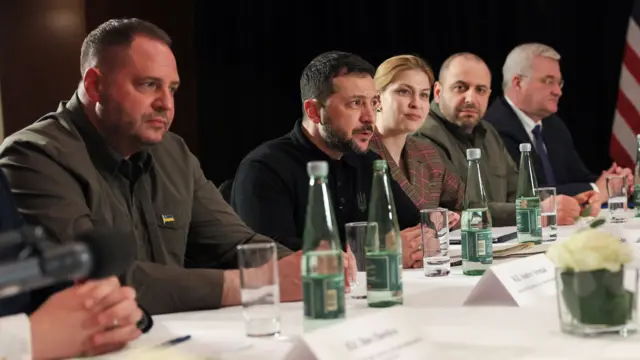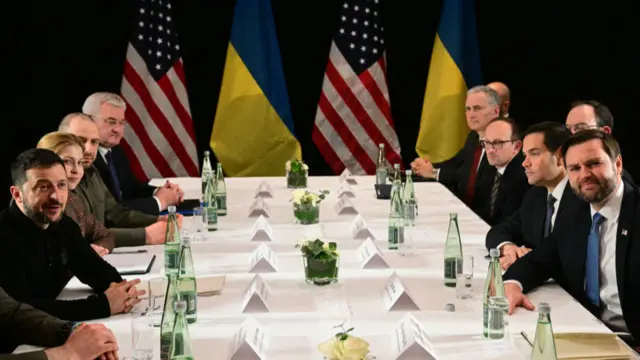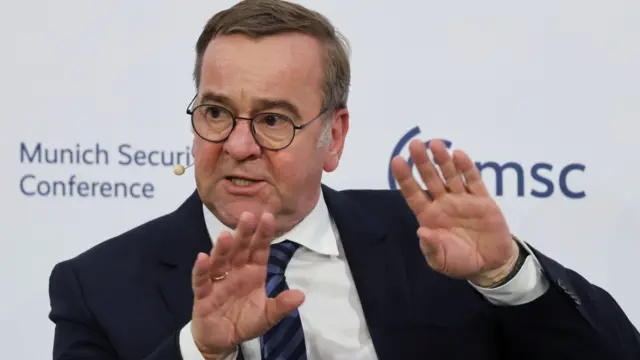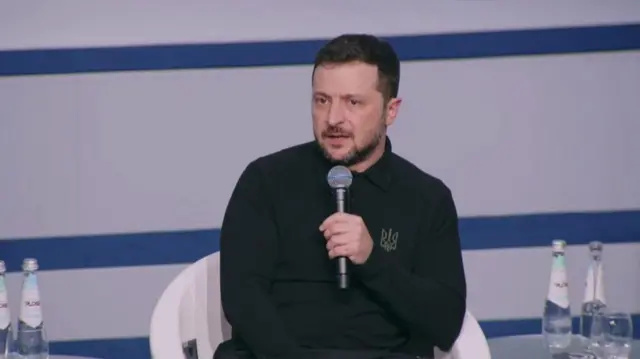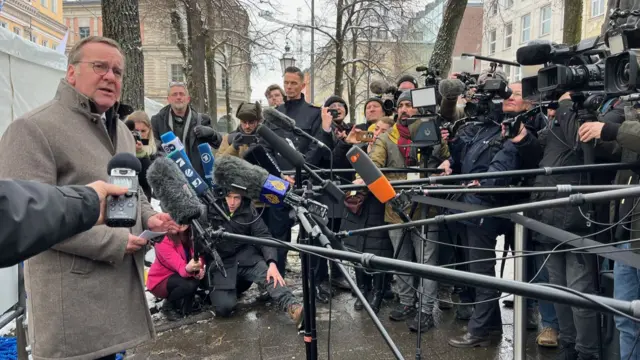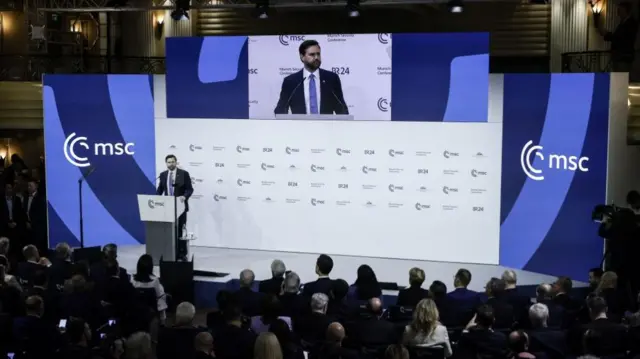Ukraine peace negotiations lead security conference agendapublished at 20:50 GMT 14 February
Asya Robins
Live reporter
The first day of the Munich Security Conference was dominated by talks on the future of the war in Ukraine.
World leaders and representatives, including Ukrainian President Volodymyr Zelensky and US Vice-President JD Vance, gathered just days after President Trump announced that he had a "lengthy and highly productive" phone call with Russian leader Vladimir Putin.
One moment which dominated the day was Vance’s address to the conference, during which he criticised European leaders over free speech and democracy, and raised concerns over "the threat from within" Europe.
The BBC's Frank Gardner, who was in the room, described it as "very odd" - and noted how a US commentator had told him the speech "was all for US domestic consumption".
In his own statement, Zelensky reiterated the need for more dialogue with the US, noting that previous discussions with Trump had not yet been "enough to form a plan" for peace. He also said Ukraine would need to double the size of its army without Nato membership.
He and Vance met later in the day, having what the US vice-president described as a "fruitful" conversation, with Zelensky saying they needed to "speak more, work more and stop Putin".
Away from Munich, Ukraine alleged that a Russian strike damaged the protective shield over the Chernobyl nuclear power plant overnight - a claim the Kremlin has since denied.
We're ending our live coverage of the conference, but here's a list of BBC content to keep you informed:
